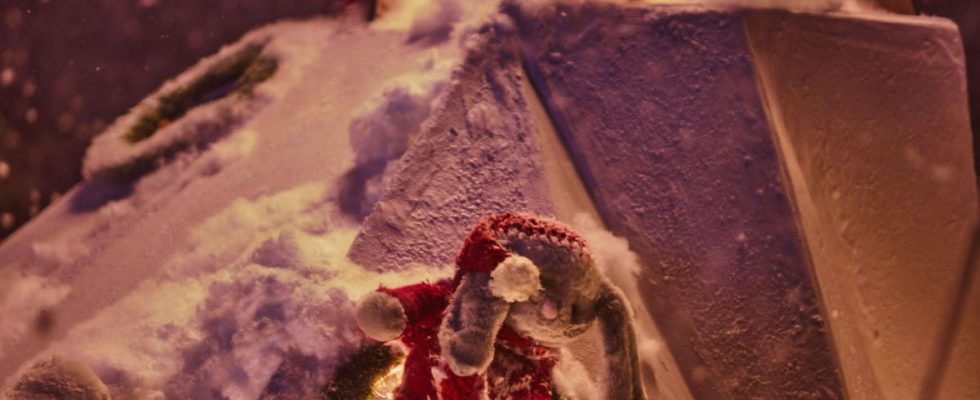The end of year celebrations, and particularly Christmas, often rhyme with a snowy landscape in the collective imagination – at least in countries north of the equator. However, a snowy Christmas in France is not that common and risks, with climate change, being less and less so, as explained to 20 minutes Christine Berne, climatologist at Météo-France.
Rain and sweetness on the Christmas menu
We are far from the magical postcard sold in Christmas soap operas and the imagery surrounding this holiday. Relatively mild temperatures, around 6°C on average across the country, are the normal weather conditions observed at this end of year period. On average on December 25, in the South-West, it is between 10 and 11°C in the afternoon, on the Mediterranean rim, between 12 to 14°C and 8°C in Paris. With temperatures this year above seasonal norms, up to 17°C in Perpignan, there is little chance, once again, of seeing snow fall in the plains in 2023. We should expect more to a little unpleasant rain which could endanger gift wrapping made of paper and cardboard.
“Between December 24 and 26, France will be affected by very gentle westerly currents, with rainy periods especially in the northern regions. The snow limit will be very high, often above 2000 meters, and therefore it will even rain on the summits of the Jura and the Vosges. A fortiori, the risk of snow is zero in the plains,” specifies the Météo-France website. Even in the mountains, you have to climb higher and higher to find the first snowflakes. “20 or 30 years ago, we found snow in mid-mountains” at this time, according to Christine Berne, but “the snow limit is getting higher and higher”.
Snow increasingly rare in France
If snow arrives with winter, it is rarely in December that it covers the French landscapes because “the month of December is not the coldest, we expect more snow in January and February”, explains further the climatologist. More generally, there will be “less and less snow in France”, whether in December, January or February. “With warming temperatures, the period where there is snow is shrinking, year after year, we are losing amplitude,” warns Christine Berne.
The last “white Christmas” in Besançon, a town with a tradition of snow, dates back to 2010, according to Météo-France data. The previous one dates from 2001. In Besançon, “we lost an average of 8 days per year of snow on the ground between the period 1961-1990 (28 days/year) and 1991-2020 (19.7 days/year)” and “ In view of the forecasts, this Christmas 2023 will be the 13th Christmas in a row without snow on the ground in Besançon,” the meteorological site further reports. A series of “Green Christmases” unpublished since 1949.
But the snow in France “will not disappear”, reassures Christine Berne. “Even if the frequency and intensity decrease, it is a natural meteorological variation so even in a warmed climate, there will always be amplitudes of climatic variations and therefore snowy episodes,” she assures.

